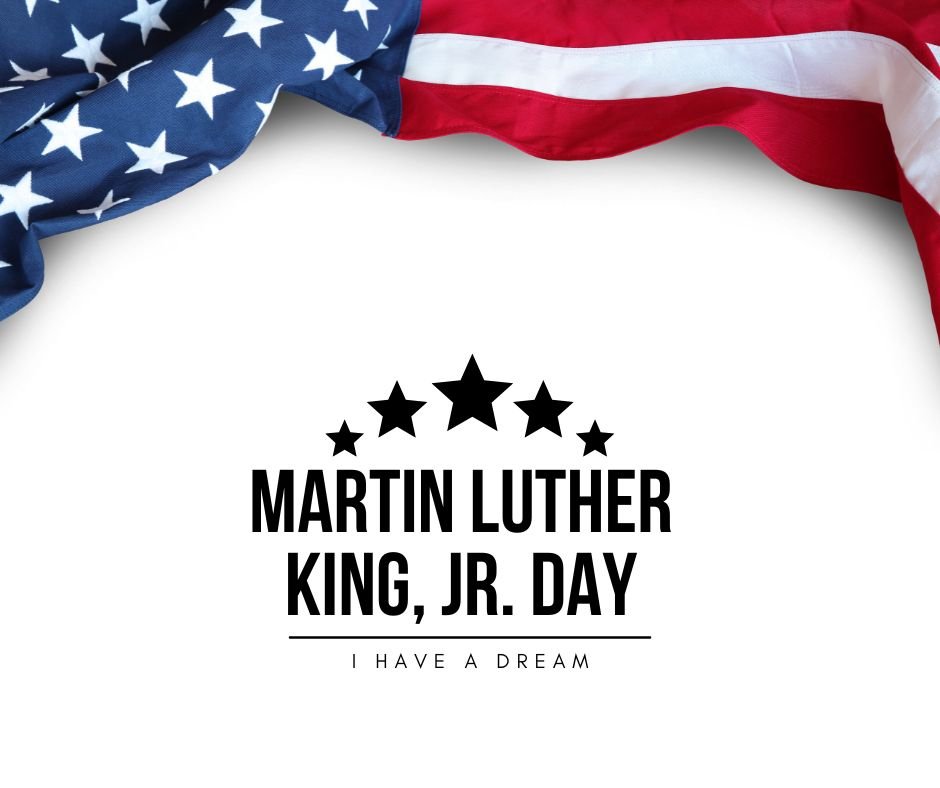Martin Luther King, Jr.'s Health Care Advocacy
Every third Monday of January, we commemorate and honor the incredible life and legacy of Martin Luther King, Jr. For many, this day signifies racial equality and justice. A day meant to celebrate an equal America. Moreover, MLK's legacy transcended globally, becoming a symbol for human rights and social justice.
MLK's Dream
Considered the most notable speech of the 20'th century, MLK delivered "I Have a Dream" to a crowd of over 260,000 grassroots supporters, protesting the racial discrimination and segregation of African Americans (as well as other minorities), during the 1963 March on Washington. The remarkable size of the crowd is difficult to fathom retrospectively when considering the severely limited tools for communication and travel. His historic message ultimately led to the passing of America's landmark civil law--the Civil Rights Act of 1964--that forbade discrimination on the basis of race, color, religion, sex or national origin. This law prohibits discrimination in work places, as well as in public accommodation and federally funded programs.
Access to Health Care
MLK's work drastically improved health care access for people of color, as well as employment opportunities for people of color in health care. While famous for voting, work and school desegregation, the Civil Rights Act of 1964, signed by President Lyndon Johnson, actually prohibited discrimination in all public accommodations and federally funded programs, thus making it illegal to deny health care access on the basis of race, color, religion, sex or national origin.
What is the Medical Committee for Human Rights?
Martin Luther King, Jr. was not alone in his battle for equality. The year 1964 saw another major step in health care access for black Americans; the formation of the Medical Committee for Human Rights. Initially founded in New York, the group brought in over 100 clinicians of various disciplines, to travel to Mississippi in the summer of 1964 to support 1,000+ mostly white civil rights volunteers from Northern states in their attempts to register voters and other social/philanthropic work. The clinicians were not wrong in anticipating the dangers of providing these services in Mississippi, often treating civil rights volunteers who had been violently attacked and beaten.
In 1966, MLK gave a speech to the Medical Committee for Human Rights in Chicago where he famously said,
"Of all the forms of inequality, injustice in health care is the most shocking and inhumane. "
The Fight Continues
While major strides have been made in the past 60 years, the fight for accessible quality health care for all continues.
13.6% of the US population are Black or African-American (US Census, 2022)
5% of physicians are Black or African-American (AAMC, 2018)
11.3% of medical students are Black or African-American (AAMC, 2021)
1.8% of AMA (American Medical Association) are Black or African-American (AAMC, 2016)
The achievements of Martin Luther King, Jr., civil rights workers then and now, and African Americans as a group can't be understated or taken for granted, paving the way for all people of color, immigrants and other discriminated groups.
MLK's legacy continues to inspire generations of Americans to work for a more equal tomorrow through acceptance, respect and compassion.
Happy Martin Luther King, Jr. Day!

